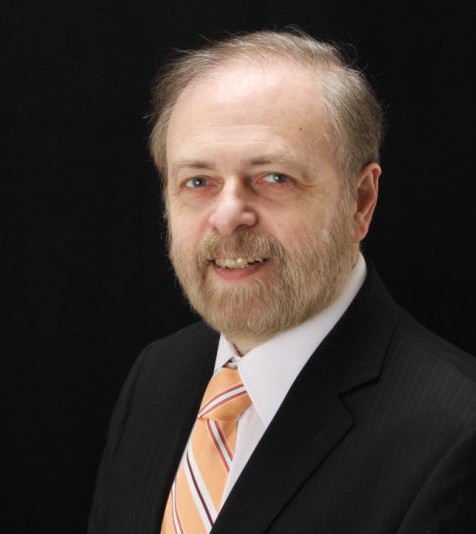By Rabbi Mordechai Levin
Researchers at the University of California identified three people in the world who have a powerful autobiographical memory, a condition called hyperthymestic syndrome, from the Greek words for excessive (hyper) and remembering (thymesis). These people can remember what they did and what happened every day of their lives.
One of them, Jill Price, wrote a book called “The Woman Who Can’t Forget.” She describes her situation with these words: “Imagine being able to remember every fight you ever had with a friend, every time someone let you down, all the stupid mistakes you’ve ever made.” From an early age, she writes, “I was always correcting my parents about things they claimed I had said, or that they had said to me, which, as you can imagine, didn’t go over very well.”
The situation of these three people poses a thought-provoking question: What would it be like to recall almost every day of our life since childhood? Is this ability a blessing or a curse? What is good to remember and what is best to forget?
We are endowed with two faculties: memory and forgetfulness. To live, we need both. If only memory existed, then we would perhaps be crushed under its burden. And were we ruled by forgetfulness, what place would there be for culture, science or self-consciousness?
We need memory. It is memory which forms identity. A person devoid of memory is an individual devoid of self. Individuals and nations need to remember and record significant moments of personal and national history.
The theme of remembrance is a recurring theme of the High Holidays. Rosh Hashanah is called Yom Hazikaron, the Day of Remembrance. Throughout the Ten Days of Repentance, we beseech our Creator, “Remember us for life, O King who desires life.”
Remembering is a noble and necessary act, central to Jewish life. It is one of the Torah commandments that figures frequently and consistently. Remembering is the way we nurture our identity as a people, and the way we teach our children the richness of Jewish life. It is incumbent upon us to remember the good we have received, such as the liberation from Egypt and God’s revelation in the Torah, and the evil we have suffered as a people, such as the destruction of Jerusalem and the Holocaust.
It’s good for us as individuals to remember. To remember our loved ones and friends, our Jewish people and community, the blessings we enjoy, the kindnesses done to us, and the happiness that comes our way in living. To remember our responsibilities, and the promises we have made.
Yet there are times for each of us that forgetting – if not permanently, at least temporarily – is a blessing. There are times when it is best to forget insults and injustices done to us because nursing that anger may poison our lives, hurting us more than it punishes the object of our ire. It is best to forget certain worries and distresses of the past that can’t be changed. It is better to forget the gossip and slander that we hear before we repeat it.
On this Rosh Hashanah, may we learn something about what is best to remember and what it is best to forget.
My best wishes for a year of life, health, fulfillment, justice and peace.
 is the rabbi of Congregation Beth Israel in Munster, IN. He received his rabbinic ordination from the Latin American Rabbinical Seminary, and is a member of the Rabbinical Assembly. In 2010, he was awarded an Honorary Doctorate of Divinity from the Jewish Theological Seminary in New York City for his years of dedicated service to the Conservative movement and the Jewish community...
is the rabbi of Congregation Beth Israel in Munster, IN. He received his rabbinic ordination from the Latin American Rabbinical Seminary, and is a member of the Rabbinical Assembly. In 2010, he was awarded an Honorary Doctorate of Divinity from the Jewish Theological Seminary in New York City for his years of dedicated service to the Conservative movement and the Jewish community...